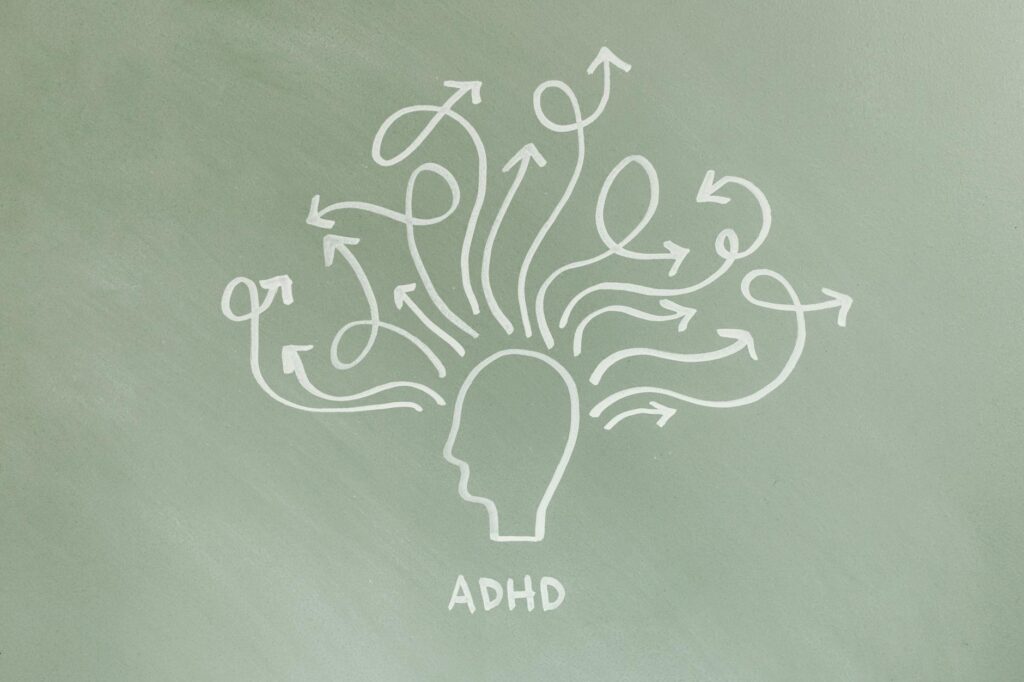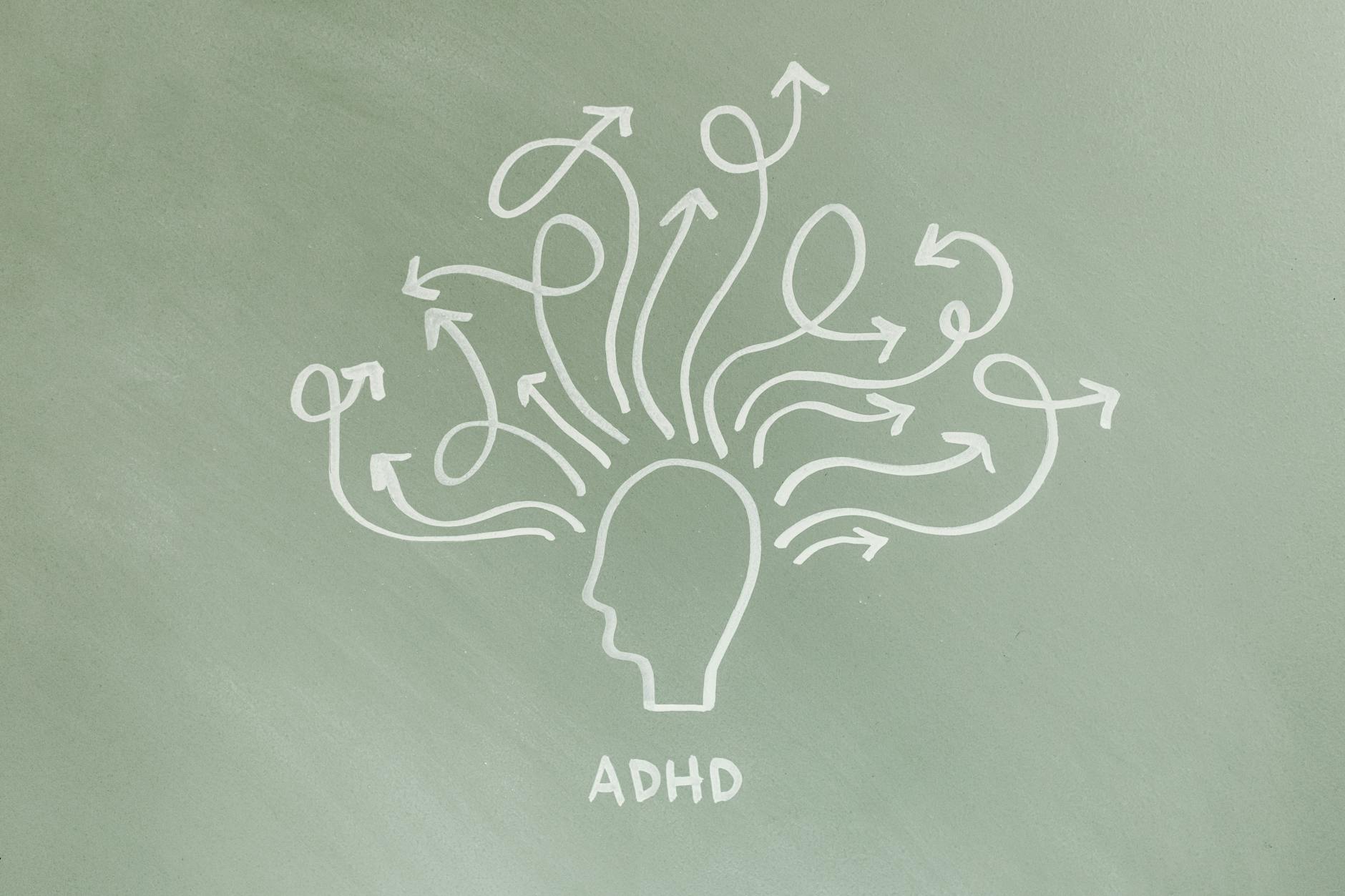What is cognitive focus?

What is cognitive focus?
Cognitive focus is a vital element in our pursuit of productivity and personal development. It serves as the mental glue that binds our attention to tasks, enhancing concentration and efficiency. In a world filled with distractions, understanding cognitive focus can help us harness our mental capabilities effectively. By sharpening our cognitive focus, we can navigate daily challenges more adeptly, leading to better outcomes in both personal and professional spheres.
Understanding Cognitive Focus
Cognitive focus refers to the ability to direct and maintain attention on a specific task or stimulus. This concept is deeply rooted in psychology, where it plays a crucial role in how we process information and engage with our environment. Unlike other forms of focus, such as peripheral focus that deals with broader aspects of our surroundings, cognitive focus zeroes in on particular details or tasks, allowing for deeper engagement and understanding.
For a more in-depth exploration of what cognitive focus entails, the APA Dictionary of Psychology provides relevant definitions and concepts that can enhance your understanding.
The Psychological Mechanisms Behind Cognitive Focus
Cognitive focus is intricately linked to two key psychological constructs: attention and working memory. Attention involves selecting information to concentrate on, while working memory is the system that temporarily holds that information for processing. Together, these components enable us to maintain focus and execute tasks effectively.
When you concentrate on a complex project, your brain filters out irrelevant stimuli, allowing you to use your working memory efficiently. This synergy between attention and memory underpins our cognitive focus.
Cognitive Focus vs. Distraction
Distractions are the arch-nemeses of cognitive focus. They can come from our environment, digital devices, or even our wandering thoughts. The impact of distractions can be profound, leading to decreased productivity and increased frustration. Managing distractions is crucial for enhancing cognitive focus. Simple strategies, like setting specific times to check your phone or creating a dedicated workspace, can make a world of difference.
A recent article from Psychology Today discusses how mindfulness practices can help alleviate distractions and improve cognitive performance.
Benefits of Improving Cognitive Focus
Enhancing cognitive focus is not just about getting more done; it brings numerous benefits that extend into various aspects of life.
Enhanced Productivity and Time Management
When cognitive focus sharpens, productivity soars. With improved focus, tasks that once felt overwhelming become manageable. You can complete projects more swiftly and effectively, leading to better time management. By channeling your attention towards high-priority tasks, you can accomplish more with less effort.
In fact, studies show that people who cultivate cognitive focus often report higher satisfaction with their work and personal lives. Implementing techniques for better focus can lead to more efficient use of your time and energy.
Better Learning and Retention
Cognitive focus also plays a crucial role in learning and memory retention. When you can maintain focus during a lecture or while reading, you’re more likely to absorb and retain the information presented. This translates to improved performance in academic and professional settings.
For those interested in cognitive skills and learning, Cognifit provides insights into how focused attention enhances cognitive abilities.
Techniques to Enhance Cognitive Focus
Improving cognitive focus isn’t just a theoretical concept; it involves practical strategies that anyone can implement daily.
Mindfulness and Meditation Practices
Mindfulness and meditation are powerful tools for enhancing cognitive focus. By practicing mindfulness, you train your brain to recognize distractions and bring your attention back to the present moment. This practice can lead to long-term changes in brain function, promoting better focus and mental clarity.
Engaging in regular meditation can also reduce stress and anxiety, common barriers to effective focus. Incorporating even a few minutes of mindfulness into your day can yield significant improvements over time.
Time Block Techniques
Time blocking is another effective method for maintaining cognitive focus. This technique involves dividing your day into dedicated blocks of time for specific tasks. By assigning particular periods solely for focused work, you eliminate the temptation to multitask, allowing for deeper concentration.
For example, you might allocate an hour in the morning for uninterrupted project work, followed by a shorter block for emails. This structured approach helps you stay on track and maximizes your cognitive capabilities.
Conclusion
Cognitive focus is a fundamental skill that can greatly enhance productivity and personal development. By understanding its mechanisms and benefits, you can implement practical techniques to improve your focus and achieve your goals. Whether through mindfulness practices or time blocking, the journey toward better cognitive focus is a worthwhile investment in your productivity. Start experimenting with these strategies today, and watch how they transform your ability to concentrate and excel in your daily life.

Photo by Tara Winstead